
VIDEO: Is a Two-State Solution Still Possible in Israel-Palestine?
On Al Jazeera, Phyllis Bennis says it’s not the number of states that’s important — it’s justice for all who live in the region.

On Al Jazeera, Phyllis Bennis says it’s not the number of states that’s important — it’s justice for all who live in the region.

Despite Washington’s move toward detente with Iran, other regional conflicts — especially in Israel-Palestine, where an “intifada of knives” is underway — are looking as volatile as ever.

Our own progress against racism in the United States remains too recent, too fragile, and too incomplete to go on abetting apartheid in Israel.
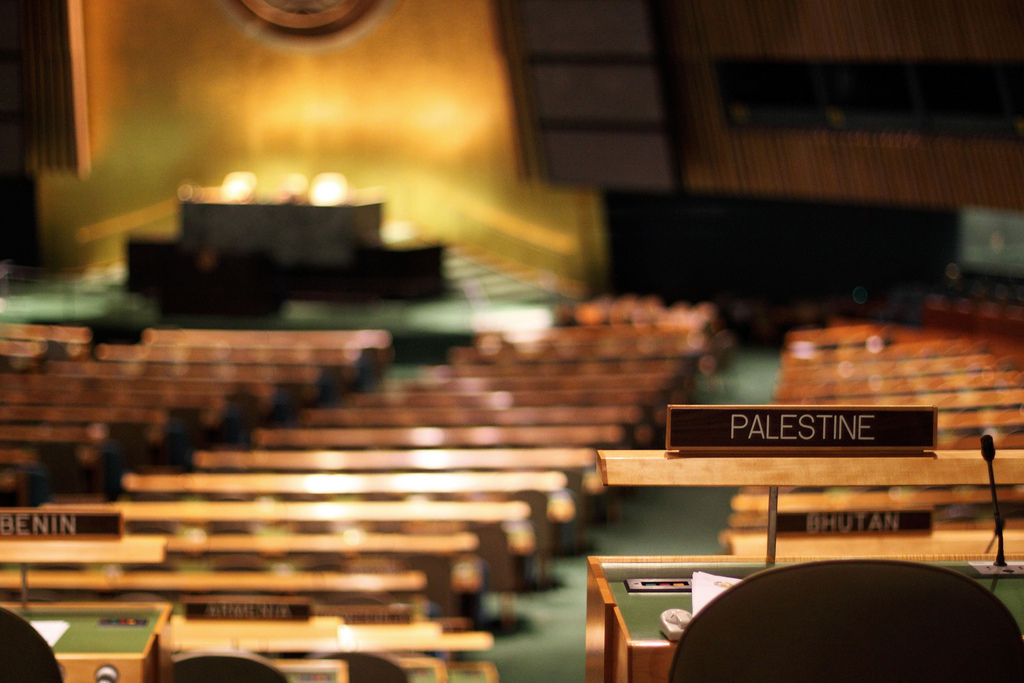
As more European governments line up to recognize a Palestinian state, Israel (and the U.S.) look more isolated than ever.

On the ground, in the real world, of course there is no longer any possibility of a real “two-state” solution.
Both Israel and the United States seek to quash expectations that the visit will jump-start the Israeli-Palestinian peace process.
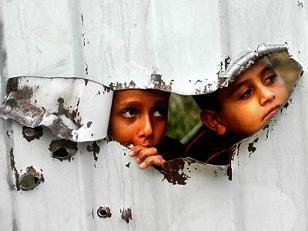
Two recent polls find that Palestinians are drifting towards Hamas and are more willing to engage in violent resistance to free themselves of occupation.
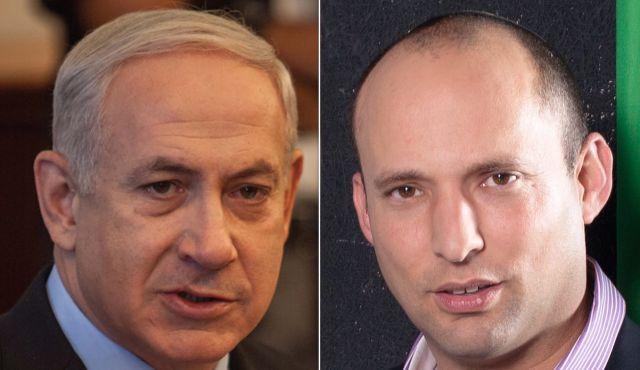
Although almost certain to win reelection, Israeli PM Benjamin Netanyahu has been overshadowed by a charismatic new far-right leader.
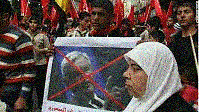
The Republican National Committee adopted a resolution that’s pro Israeli annexation of Palestinian territories and con an Israel-Palestine two-state solution.

How Israel can walk back settlements yet save face.
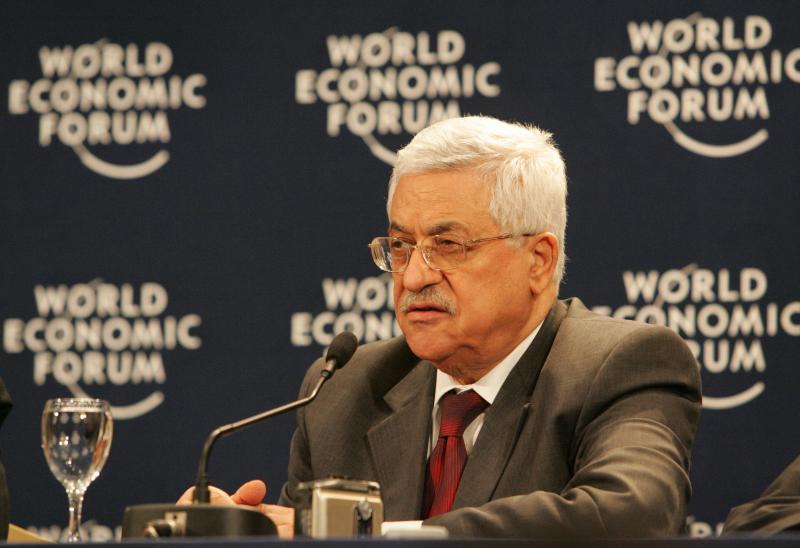
What would it really take for Israel to walk the road to peace?
Netanyahu’s recent speech in favor of a Palestinian state contained several contradictory elements that cleverly undermined its central message.
The fear factor prevents an easy solution to the Israel-Palestine conflict. What are Israeli Jews afraid of?
Israel needs a new Zionism or it will lose all legitimacy, Gershon Baskin argues.
Too often the inequities between Israelis and Palestinians are overlooked.